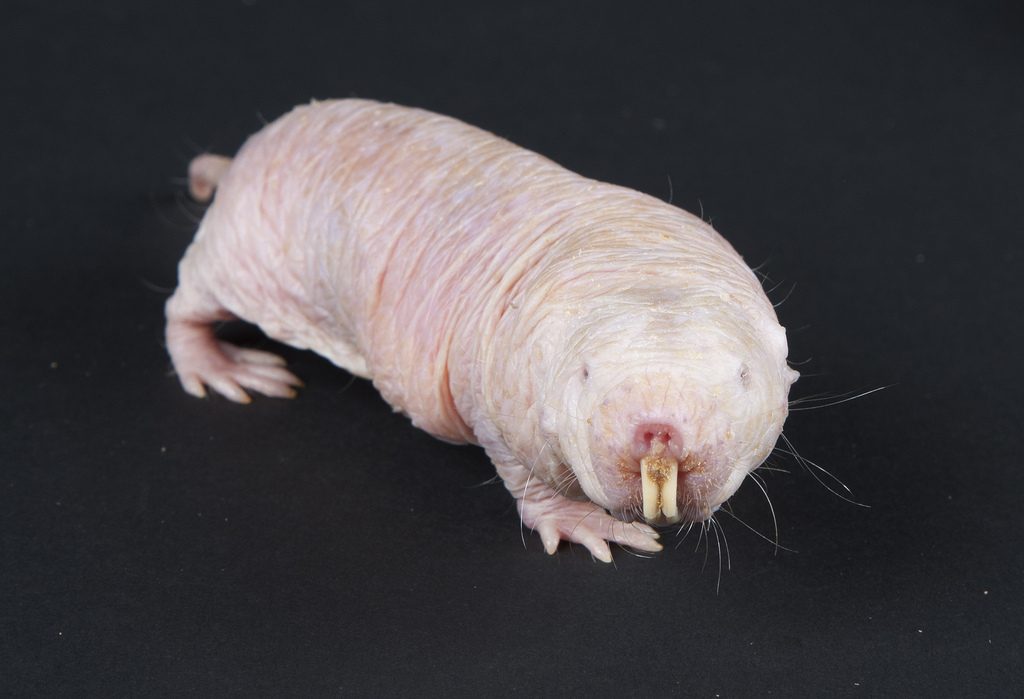Naked Mole-Rats Could Theoretically Be Immortal
Unlike humans, some species don’t go through the gradual process of death we call aging; animals like jellyfish and tortoises are capable of living hundreds of years.
A new study by scientists at Calico, a research firm under the umbrella of Google parent company Alphabet, have theorized that naked mole-rats also have this sort of biological immortality.
Armed with detailed birth and death records, they created a model of how likely an individual rat would be to die at any given point along its lifespan. Rats did die every so often, but the researchers couldn’t find any spike in the risk of dying as rats got older. The oldest mole-rat at the end of the study period was a smidge over 30.
“This is the first mammal in which there is a lack of intrinsic mortality with increasing age,” according to study author Rochelle Buffenstein.
Buffenstein has been studying naked mole rats for over 30 years and found that only 400 have died of natural causes. Others have rarely developed cancer or muscle diseases, but this can occur at any age.
Naked mole-rats are also an exception to the “disposable soma” theory of aging, that states that organisms only have a finite amount of energy to use on important biological processes like reproduction. Which means that the female rats that reproduce are actually less likely to die than those who don’t reproduce.
All of this suggests to the scientists at Calico that naked mole-rats could theoretically live as long as possible if they avoid injury and disease.
Keeping in mind that there could be an upper age limit, they just haven’t seen it yet, with the oldest rat they have now being a 35-year-old male breeder.
The reasons for this longevity are still a mystery to the Calico team, along with the question if there are lessons to be learned that could apply to humans.




